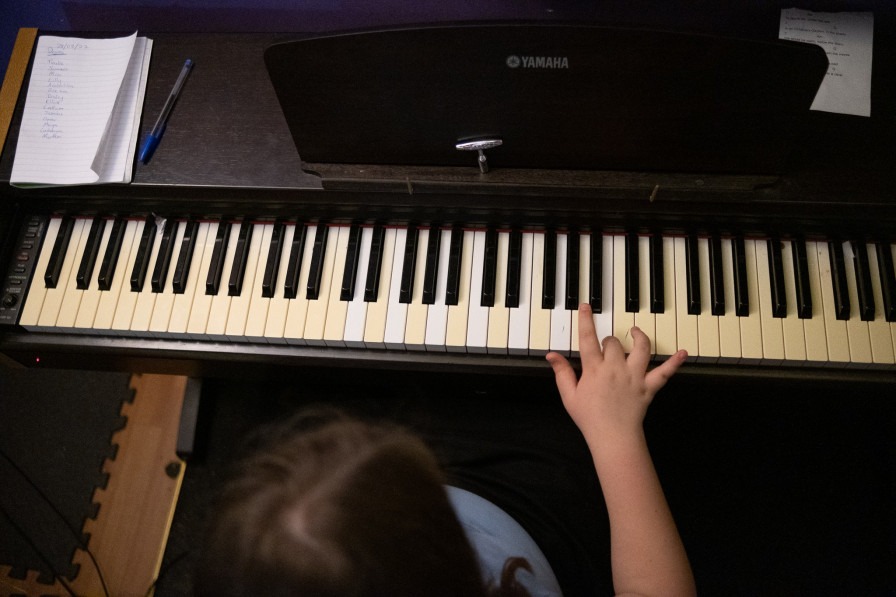Our Future Music. Creating Safe Spaces with Trauma Informed Practices.

by Jack Nielsen.
At the outset of my new role as lead music worker at The Crew Club, a youth and community centre in Whitehawk, I thought I was going to have to do a lot of outreach to advertise the new music program to young people. Turns out I needn’t have worried. Within weeks I was swamped. The team at the Crew Club has a long history of working tirelessly to create a safe space where young people are led by their natural curiosity to engage in a range of activities.
But what does it mean - to create a safe space?
As part of our commitment to this goal, we have been undergoing “trauma informed practice training”, led by Carlie Goldsmith, who is part of our team, but is also an academic trainer and researcher on trauma informed practices. Taking a trauma-informed approach is about acknowledging that we may not understand exactly what is going on in a young person’s life, how that has affected their development, and how it shapes their behaviour. We can bring this understanding into our sessions by employing simple strategies that help us engage young people more effectively.
One example is building choice into a session. Choice is essential and offers a sense of control to young people who often have little or no say in the factors influencing their lives.
Wait - I hear you say - ask a kid what they want and they’ll shrug their shoulders and say “ur-urr” (kid-speak for “I don’t know”). But even tiny choices make a big difference.
“Would you like to play this song or that song?” Or even, “would you like to sit in this chair or that chair?” - kids and teenagers seem to love sitting on rolly office chairs for some reason.
Having an understanding of the impact of trauma enables us to approach young people, well, people in general, with greater empathy and communicate with more openness. Importantly, it forces a level of self-reflection. It’s about watching how we, as role models, react - how we think - catching ourselves before we judge someone, or default to an assumption about a young person. Critically, learning more about this approach has helped me identify my own triggers and tolerances, thereby not dumping so much of my own rubbish upon the young people.
Trauma-informed practices enable us to deliver sessions that are more inclusive and much more enjoyable for everyone and I highly encourage anyone working with young people or adults to explore it.
Feel free to contact Jack, lead music worker at The Crew Club, Whitehawk on jack@crewclub.co.uk for more information on trauma-informed practices.

